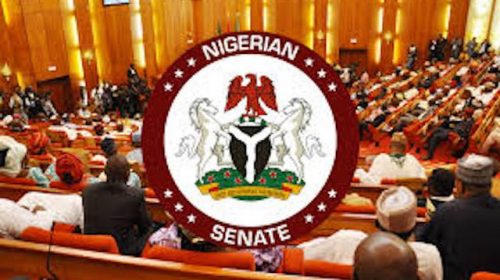External debt servicing gulped $3.07bn in 10 months – CBN

Latest data obtained from the Central Bank of Nigeria (CBN) has revealed that Nigeria spent about $3.07 billion towards servicing external debt. This represents a 38 per cent increase, higher than the $2.22 billion spent in the corresponding period of 2022, thus highlighting a persistent strain on Nigeria’s foreign exchange resources. External debt is that part of the total debt in a country that is owed to offshore creditors. The debtors can be the government, corporations or private households. The debt includes money owed to private commercial banks, other governments, or international financial institutions. According to data from the apex bank which covered January – October 2023, out of the $6.11 billion in total outflows made during the period, a substantial amount of $3.07 billion was directed towards servicing external debt. This figure represents a hefty slice of the nation’s financial resources and indicates a significant increase from the previous year. A monthly breakdown of the debt service payments reveals a fluctuating, yet consistently high expenditure pattern. For example, the CBN paid $112.35 million on external debt servicing in January; $288.54 million in February; $400.47 million in March; $92.85 million for April; $221.05 million in May; $54.36 million for June; $641.69 million in July.






Leave a Reply